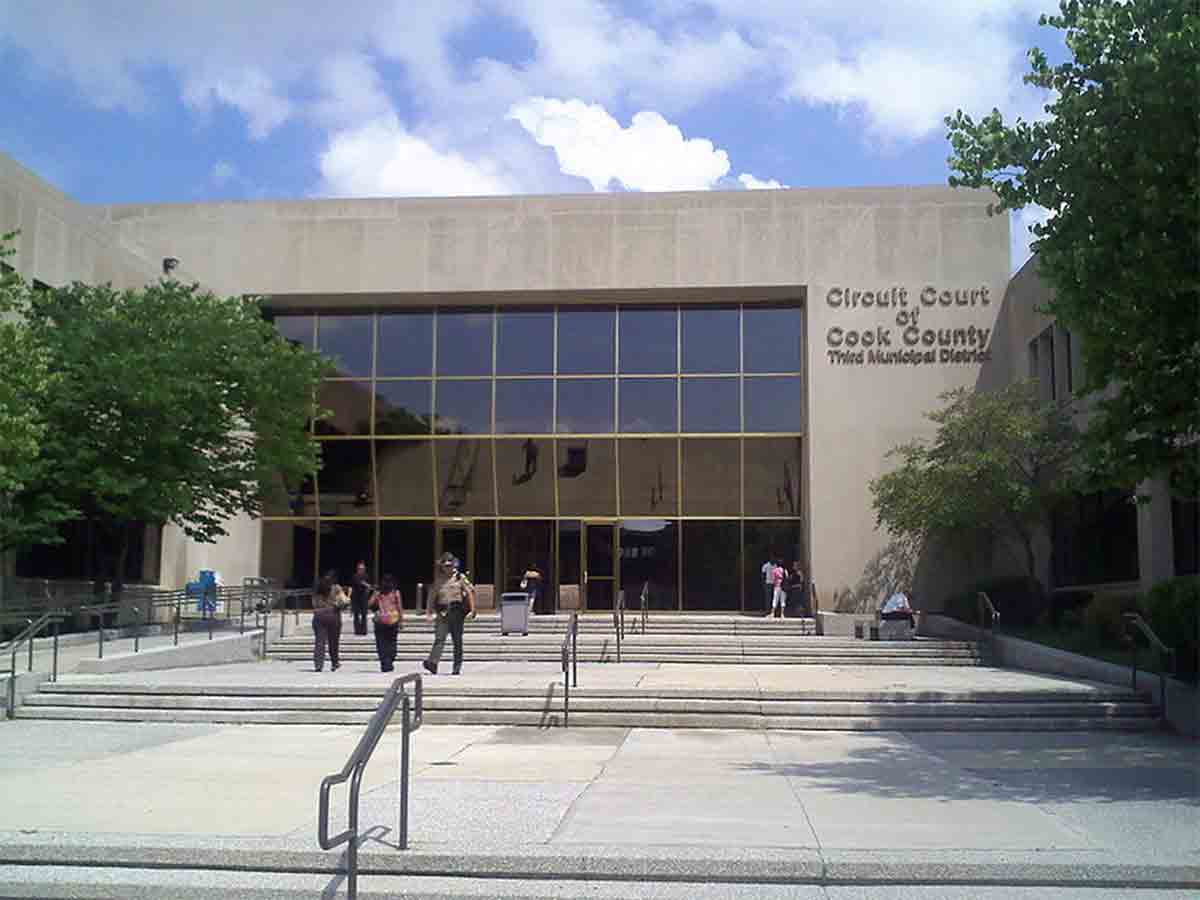Cook County, under the leadership of Board President Toni Preckwinkle, has revealed its annual budget forecast, providing insights into the county’s financial projections for the remainder of 2023 and a glimpse into 2024. Although a deficit of $85.6 million is anticipated for the upcoming year, it is still a small amount when compared to prior ones. Preckwinkle assures the public that this gap can be addressed without resorting to new taxes, fees, or layoffs.
Preckwinkle highlighted the county’s past difficult decisions, such as the sales tax increase in 2015 to meet pension obligations, as well as their ability to navigate challenges during the pandemic. She expressed confidence in the county’s management of publicly funded pensions, considering it relatively successful compared to other pensions across the state.
Cook County projects a $214.7 million surplus by the end of 2023 as a result of a temporary increase in the state’s personal property replacement tax (PPRT) receipts and higher-than-anticipated sales tax receipts brought on by inflation. However, the county continues to face a significant challenge in filling approximately 4,000 job vacancies, which has resulted in payroll savings.
The county’s chief financial officer, Tanya Anthony, acknowledged the challenges in filling open positions but emphasized that this is a problem that affects both the public and private sectors nationwide.
The county’s reliance on contract workers at its hospital system, including a substantial number of registered nurse vacancies and the utilization of agency RNs, has caused tension with unionized employees. These workers contend that the care’s quality has been affected by the failure to hire full-time workers. County health officials have stated that hiring nursing staff is a top priority and have implemented various initiatives, including hiring fairs, an externship program, tuition reimbursement, and a recruitment and retention bonus program.
Looking ahead to 2024, Cook County anticipates a deficit due to a projected decline in PPRT receipts from the state and an increase in hiring. Reforms recently passed in Springfield will result in a $22 million higher pension payment compared to 2023.
Governor J.B. Pritzker’s decision to close enrollment for the state-funded health insurance program for immigrants under 65, as well as implementing enrollment caps for those 65 and older, could affect Cook County’s reimbursement process. Cook County Health will be required to reimburse the state for any excess payments, potentially leading to increased financial obligations. Discussions between the county and the state are ongoing to clarify the fiscal impact.
Likewise, it’s unclear how much of the $42 million set aside by the state for aid to asylees will go to Cook County. The county is asking for $20 million more than the $8 million it already requested to pay for the care given from January to June. The monthly expenditure for asylum-seeker care fluctuates based on the volume of new arrivals.
Also Read: House GOP Retirement Fund Bill Targets ESG Investing
Despite these difficulties, Cook County can take heart from the fact that a sizable chunk of its federal pandemic funding is still unapplied. Out of the $1 billion in direct funding received from the American Rescue Plan Act, only $230 million has been utilized to date. Over $700 million has been allocated for future use.
President Preckwinkle sees this as a unique opportunity to undertake meaningful initiatives, expressing her pride in the progress made thus far and the work that lies ahead before 2026.
